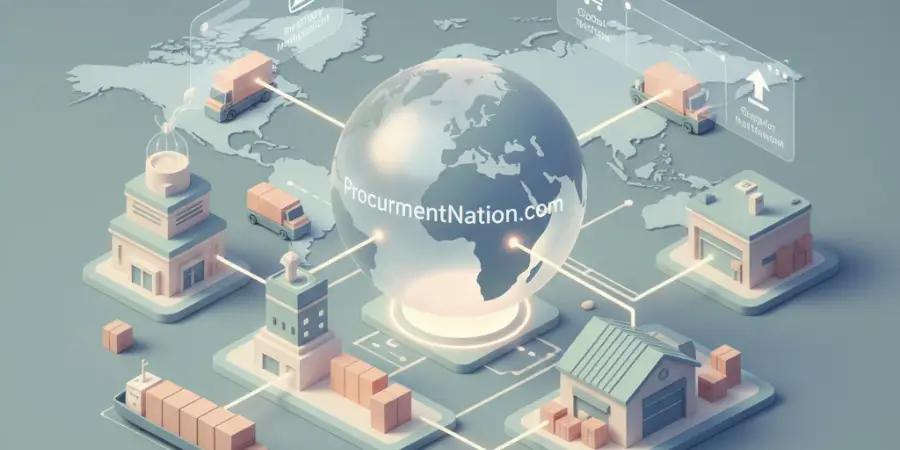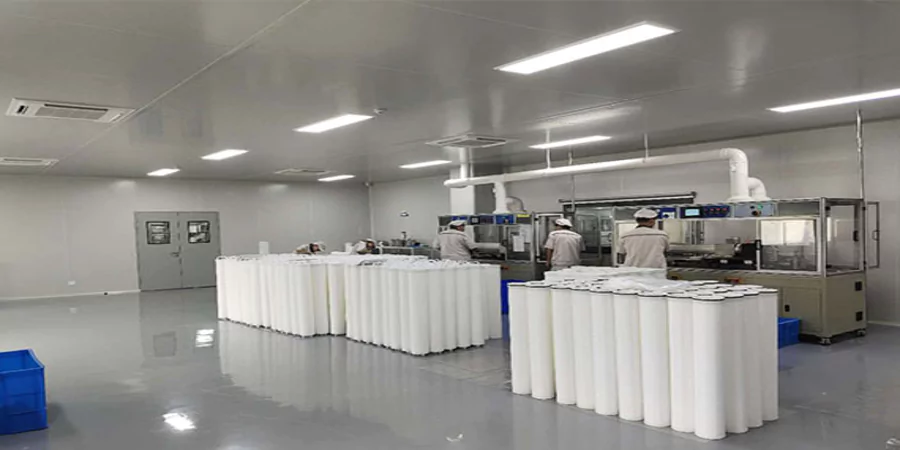The transportation industry is evolving quickly. So, many who work in this sector need to learn new skills to keep up.
Future-proofing your career means adapting now. Here are five essential skills that are shaping the industry’s future and are crucial for continual success.
1. Understanding Advanced Driver Assistance Systems (ADAS)
Advanced Driver Assistance Systems (ADAS) include features such as:
- Lane departure warnings.
- Adaptive cruise control.
- Automatic emergency braking.
These systems are designed to enhance road safety by reducing accidents caused by human error.
Transportation professionals like truck drivers and fleet managers benefit significantly from understanding ADAS.
Drivers need to adapt their driving techniques around these technologies, while fleet managers should ensure proper maintenance and operation within their vehicle fleets.
Additionally, mechanics specializing in commercial vehicles will increasingly encounter ADAS-equipped trucks during routine servicing.
As more commercial vehicles incorporate these advanced systems, those who stay ahead with expertise in ADAS can secure long-term relevance in a rapidly evolving industry.
2. Mastery of Freight Logistics Technology
Freight logistics technology includes software and tools that manage shipment tracking, inventory, warehouse operations, and delivery routes. These solutions streamline the supply chain by ensuring efficient transportation and on-time deliveries.
Logistics coordinators, dispatchers, and freight planners benefit most from mastering these systems. They will use this technology to do things like:
- Optimize scheduling.
- Minimize transit times.
- Reduce costs across the shipping process.
For example, real-time visibility platforms allow quick responses to delays or route changes.
As e-commerce grows rapidly alongside customer demand for faster delivery times, proficiency in freight logistics tools ensures smoother operations.
Those skilled in managing these systems will be pivotal in handling future logistical complexities efficiently.
3. Proficiency in Electric Vehicle (EV) Maintenance
Electric vehicles are becoming increasingly prevalent across the transportation industry. EV maintenance focuses on things like servicing high-voltage batteries, electric drivetrains, and specialized systems that are unique to these vehicles.
Mechanics working with commercial fleets and technicians in trucking service centers need this skill as more companies transition to electric trucks.
Traditional engine knowledge doesn’t apply directly to EVs, making it essential for professionals to upskill and adapt.
With government incentives and regulations promoting cleaner energy use, the adoption of electric fleets will continue rising.
Mechanics who understand how to repair and maintain EVs position themselves at the forefront of an industry shifting toward sustainability-focused technologies.
4. Skilled Navigation of Trucking Telematics
Telematics refers to the use of technology in trucks to monitor vehicle location, driver behavior, fuel consumption, and maintenance needs. The system collects real-time data, helping optimize operations across fleets.
Fleet managers and logistics coordinators rely heavily on telematics to ensure efficient routing, reduce fuel costs, and enhance overall productivity.
And for truck drivers, beyond learning how to operate different commercial vehicles via programs like this truck driver training in Somers (which provides both Class-A and Class-B training), it’s crucial that they understand how telematics monitors driving habits to help them align with safety standards.
The ability to navigate these systems ensures better decision-making based on actionable insights.
As the industry moves toward more connected vehicles and data-driven processes, expertise in trucking telematics is vital for staying competitive.
5. Data Analysis for Transportation Efficiency
Lastly, data analysis involves interpreting patterns from information like fuel consumption, delivery times, and maintenance records to improve operations. In transportation, it plays a central role in reducing costs and increasing productivity.
Fleet managers and supply chain analysts benefit the most from mastering data analysis. They will use these skills to do things like:
- Identify inefficiencies.
- Optimize routes.
- Predict maintenance needs.
- Evaluate performance metrics across fleets.
With businesses relying more on technology-driven insights to stay competitive, the ability to process and act on data ensures informed decision making.
Professionals equipped with this skill will contribute directly to smoother operations by turning raw numbers into actionable strategies that boost overall efficiency.
















